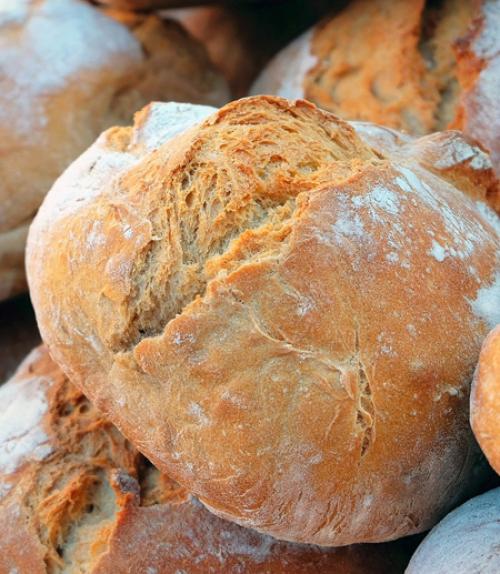Walk by a bakery, and you’ll smell fresh-baked bread. But would you smell it, if you’d never learned what bread was? “Not necessarily,” says Thomas A. Cleland, associate professor of psychology.
“The very concept of having odors that you recognize and identify, even being able to pick them out of the messy olfactory world out there, absolutely depends on learning,” says Cleland in a Cornell Research story. “I argue that learning is fundamental to even being able to smell at all.”




